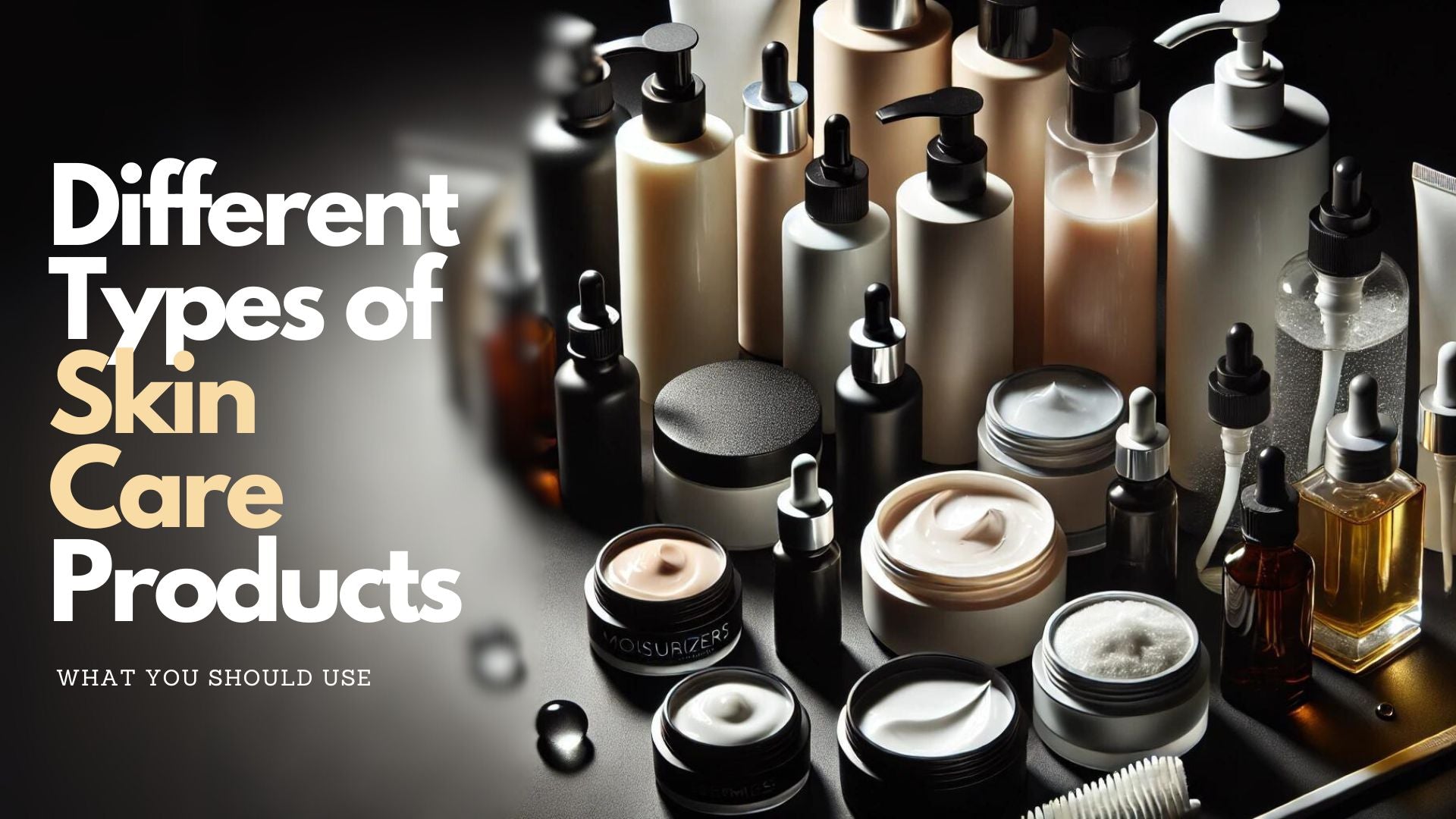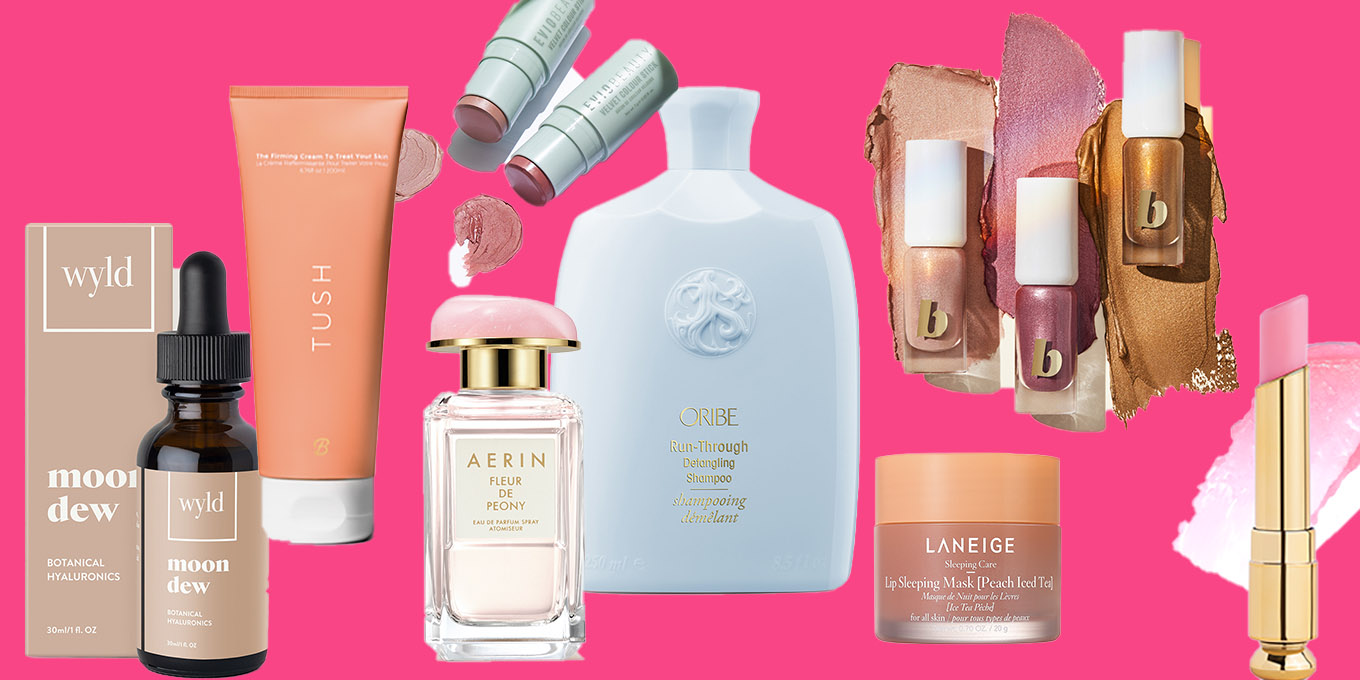Discovering Cruelty-Free Beauty Names That Are Paving the Way in The New Year
Discovering Cruelty-Free Beauty Names That Are Paving the Way in The New Year
Blog Article
Why Cruelty-Free Beauty Products Are the Future of Skin Care and Cosmetics
The shift in the direction of cruelty-free charm items is not just a trend; it mirrors a significant change in customer worths and market methods. As awareness around ethical intake surges, specifically among younger demographics, brand names are compelled to review their screening approaches and ingredient sourcing. This evolution is more moved by innovations in modern technology, which guarantee efficient alternatives to typical pet testing. Nevertheless, the ramifications of this shift expand past consumer choices, elevating questions about the future of governing standards and brand name stability. What stays to be seen is just how these dynamics will form the landscape of the appeal industry.
Growing Consumer Understanding
The expanding consumer awareness surrounding cruelty-free charm products mirrors a significant change in societal values in the direction of honest usage. As people increasingly prioritize the well-being of animals and seek to make informed buying choices, the need for items that are not checked on pets has actually surged. This enhanced awareness is driven by a combination of elements, including the increase of digital platforms that promote knowledge sharing, higher transparency from brands, and advocacy projects that highlight the ethical effects of traditional testing methods.
Consumers are now much more complete than ever before to research and recognize cruelty-free brands, leading to an extra critical industry. More youthful generations, particularly millennials and Gen Z, are leading the cost, commonly choosing for brands that symbolize their ethical position.
Moral Factors To Consider in Charm
Ethical factors to consider in appeal prolong beyond the world of pet well-being, including a more comprehensive spectrum of social and ecological impacts. Customers are significantly looking at the sourcing of ingredients, labor methods, and the environmental impact of appeal items. Brands that focus on moral methods frequently utilize sustainably sourced materials, reducing their environmental effect while sustaining reasonable profession campaigns.
Moreover, the charm sector has a substantial influence on global labor markets, specifically in creating countries where several active ingredients are sourced. Moral brand names promote for equitable labor practices, guaranteeing that workers receive fair salaries and risk-free working conditions. This commitment to social responsibility not just boosts the lives of those associated with the production process however additionally reverberates with customers that value transparency and integrity.
Additionally, the environmental influence of product packaging and manufacturing techniques can not be overlooked. Brands are increasingly adopting environmentally friendly product packaging options and decreasing waste, straightening with a growing consumer need for sustainability. By addressing these honest considerations, beauty brand names can foster a much more conscientious industry that values both people and the world, leading the way for a future where responsible practices are the norm as opposed wikipedia reference to the exemption.

The Effect On Brand Commitment
Customer loyalty to appeal brand names is progressively affected by moral practices, especially in the world of cruelty-free and sustainable items. cruelty-free beauty. As customers end up being a lot more socially aware, their buying choices are regularly guided by the moral ramifications of the products they choose. Brands that focus on cruelty-free practices not just appeal to this expanding demographic but also cultivate a sense of depend on and stability among their customer base

Additionally, the openness bordering cruelty-free certifications boosts consumer confidence in the brand name's commitment to moral practices. This transparency can produce an emotional connection in between the consumer and the brand, further strengthening commitment. In an age where brand name reputation is significantly looked at, the commitment to cruelty-free techniques is not merely a pattern yet a substantial element in long-term brand name loyalty.
Innovations in Cruelty-Free Formulations
As brand loyalty significantly rests on honest methods, firms are responding with cutting-edge methods to cruelty-free formulas. The resource sector is witnessing a surge in the growth of options to animal screening, utilizing sophisticated modern technologies such as in vitro testing and computer modeling. These techniques not just fulfill moral requirements but additionally increase item advancement timelines.
Moreover, many brands are using the power of natural components that are both efficient and lasting. Plant-based removes, bioengineered substances, and ethically sourced products are obtaining grip, appealing to eco aware customers. Innovations in preservation methods, such as making use of all-natural chemicals, boost item long life without endangering cruelty-free honesty.
Brand names are additionally purchasing transparent sourcing practices, permitting customers to map the origin of components. This transparency promotes count on and equips consumers to make informed choices. In addition, partnerships with non-profit companies and cruelty-free accreditations are ending up being a lot more usual, indicating a commitment to honest methods.
As the demand for cruelty-free products remains to rise, these advancements not just redefine sector criteria yet also contribute to an extra humane future for appeal and skincare. The dedication to honest formulas is improving consumer expectations and driving the marketplace towards greater responsibility.
The Future of Regulatory Criteria
The landscape of regulative standards for cruelty-free charm products is advancing quickly in response to expanding consumer need for transparency and moral techniques. As customers increasingly prioritize humane treatment of pets in product development, governing bodies are being urged to develop more clear standards and certifications that delineate what constitutes cruelty-free.
Existing guidelines vary widely by area, creating complication among customers and suppliers alike. cruelty-free beauty. In the future, we can expect an action toward standard definitions and requirements, possibly resulting in a linked international framework. This would certainly not only improve consumer trust fund however also encourage extra brands to embrace cruelty-free methods
Furthermore, improvements in technology, such as alternative testing techniques and artificial insemination models, are likely to affect regulatory requirements. discover this info here These technologies might lead the way for extra strict requirements that focus on gentle methods without jeopardizing item security or efficiency.
The cooperation in between market stakeholders, advocacy groups, and regulatory authorities will be vital in shaping these requirements. By cultivating discussion and establishing cohesive policies, the appeal sector can ensure that cruelty-free methods end up being an indispensable part of its moral landscape, inevitably profiting customers, pets, and the atmosphere.
Verdict
Enhancing customer recognition and honest considerations drive brand names to adopt gentle methods, promoting better brand name commitment. Ultimately, the dedication to cruelty-free practices is important for brand names seeking to flourish in an affordable market, as it reverberates deeply with the worths of contemporary customers.
Report this page